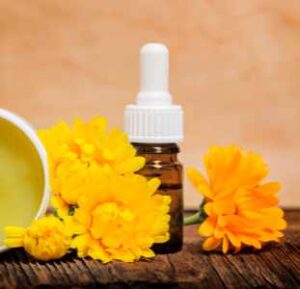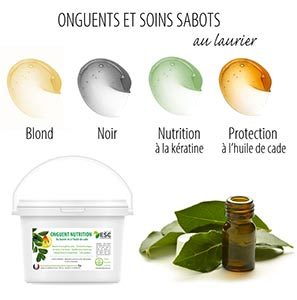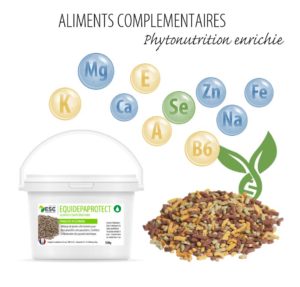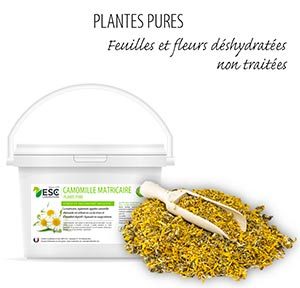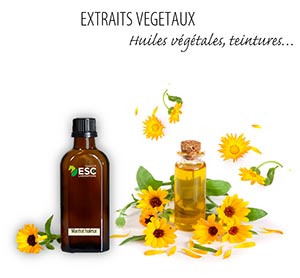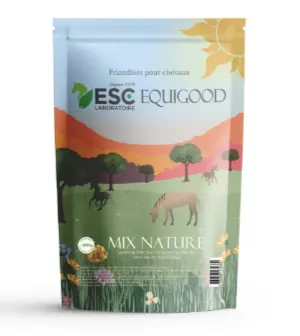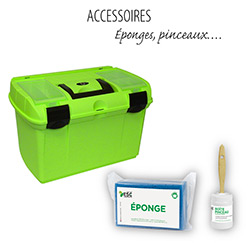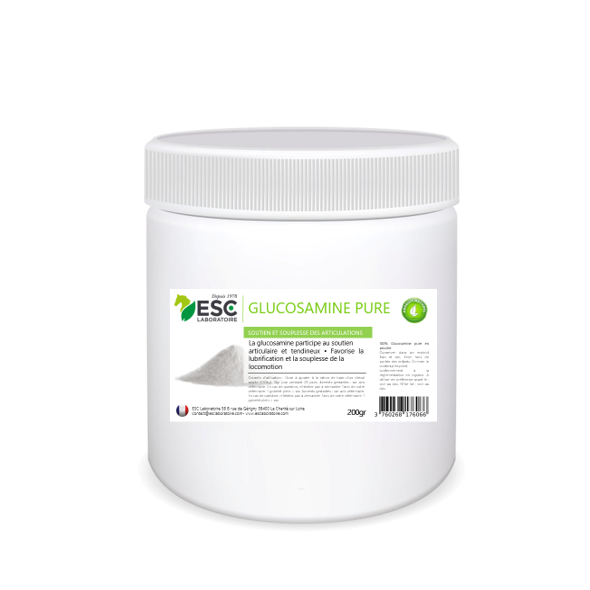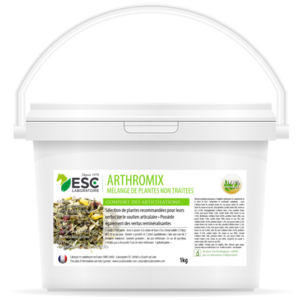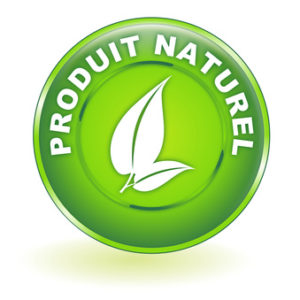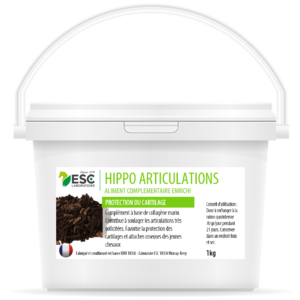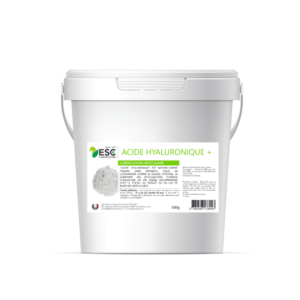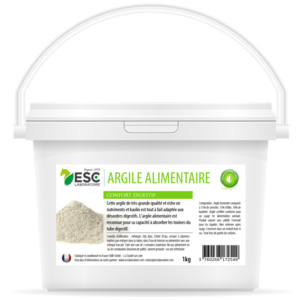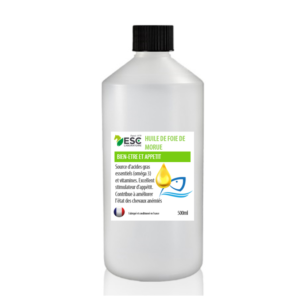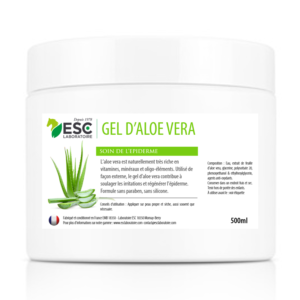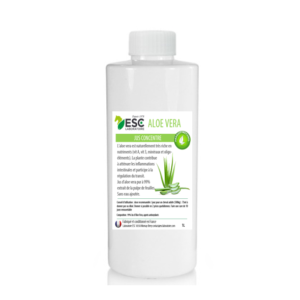GLUCOSAMINE PURE – Protection of horse cartilage
19,70€ TTC
98,50€ /kg
Product not available
Glucosamine is a sugar that can affect the deterioration of cartilage and the quality of the synovial fluid (lubrication of the joints). Recommended in horses worked regularly or in case of joint aging.
Pot 200g
Glucosamine is a molecule naturally present in the body and especially in cartilage. It is synthesized in the body from glucose, fructose and glutamine, an amino acid.
Glucosamine slows down the deterioration of cartilage in all joints and promotes the lubricating action of synovial fluid, a natural lubricant of joints that helps in their functioning. This molecule also reduces the destruction of some of the cartilage molecules and improves the vascularization of the los, which brings greater flexibility under cartilage. When the process of manufacturing glucosamine deranges, cartilages degrade and joint stiffness and discomfort may develop. As the level of glucosamine decreases with age, it is therefore advisable to have additional intake to ensure flexibility and elasticity.
Glucosamine is thus mainly known to relieve discomfort associated with joint disorders.
ESC Laboratoire is a pioneer company in equine herbal medicine. We specialize in the selection and use of plant active ingredients applied to equine comfort care and offer the widest range of natural products for horses on the market.
Raw material for horse feed.
100% Glucosamine HCL pure vegan powder.
Conditioned in France
Direction for use: dose to be added to the basic ration of an adult horse (550kg): 10 g day for 3 weeks. To be renewed if necessary. Do not hesitate to ask your veterinarian for advice before use or extension.
Precautions for use: pregnant or lactating mares: on veterinary advice only. Formulated for equidae. Close well after use. Store in a cool and dry place. Keep out of the reach of children.
Anti-Doping Control: This product may contain natural contaminants that can make an anti-doping test positive, and we recommend that it be discontinued before an official test. Ask a veterinarian for advice on waiting time (usually 72 hours).
You may also like...
-
Best Seller90 opinions
-
1 opinion


